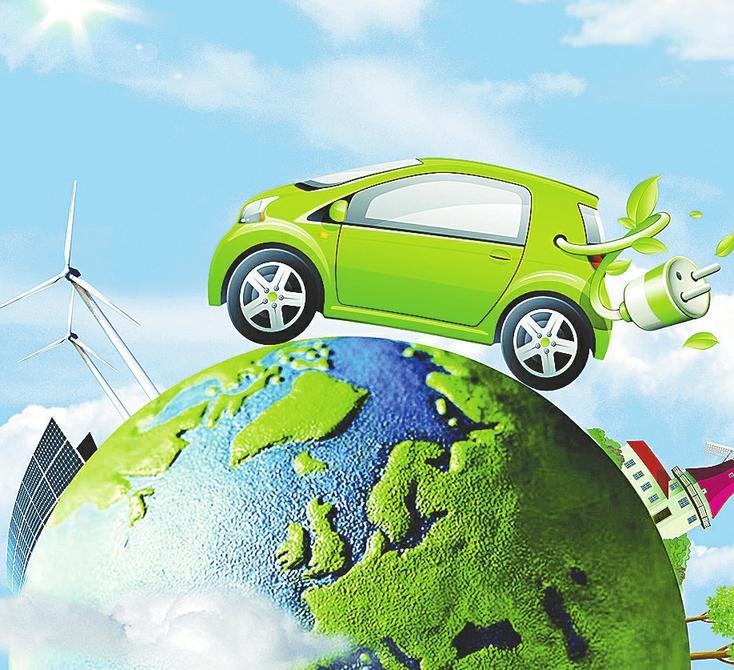
Advantages of using Electric Vehicles
Share
A Cleaner, Greener Future
In recent years, electric vehicles (EVs) have made a significant impact on the automobile industry, as more and more people are becoming aware of the numerous benefits they offer. As the demand for environmentally friendly and sustainable transportation options continues to grow, EVs have emerged as a popular alternative to traditional gas-powered vehicles. In this blog, we will explore the numerous advantages of using electric vehicles and how they contribute to a cleaner, greener future.
Reduced Emissions
One of the most significant benefits of electric vehicles is the reduction in greenhouse gas emissions. As EVs are powered solely by electricity, they produce zero tailpipe emissions. In contrast, traditional internal combustion engine (ICE) vehicles emit harmful gases such as carbon dioxide (CO2), nitrogen oxides (NOx), and particulate matter (PM). By eliminating these pollutants, electric vehicles play a critical role in improving air quality and reducing the overall carbon footprint.
Moreover, as the energy grid becomes increasingly powered by renewable sources like solar and wind, the carbon emissions associated with charging electric vehicles will continue to decrease. This means that the environmental benefits of EVs will only continue to grow as we transition to cleaner energy sources.
Cost Savings
Another crucial advantage of electric vehicles is the potential for long-term cost savings. While the upfront cost of an EV may be higher than a comparable gas-powered vehicle, the ongoing operating expenses are significantly lower. Electricity is generally cheaper than gasoline, and EVs require less maintenance due to fewer moving parts.
For instance, electric vehicles do not require oil changes, and their regenerative braking systems reduce wear and tear on brake pads and rotors. Additionally, electric motors have fewer parts than internal combustion engines, which means there is less that can go wrong or require servicing. Over time, these cost savings can offset the higher initial investment and result in a lower total cost of ownership.
Noise Reduction
Electric vehicles are notably quieter than their gas-powered counterparts. The absence of a noisy internal combustion engine means that EVs produce minimal noise pollution, making for a more peaceful and enjoyable driving experience. This reduction in noise not only benefits the driver and passengers but also has a positive impact on communities, particularly in urban areas where traffic noise is a significant issue.
Energy Efficiency
Electric vehicles are inherently more energy-efficient than traditional ICE vehicles. According to the U.S. Department of Energy, EVs convert about 59-62% of the electrical energy from the grid to power at the wheels, while conventional gasoline vehicles only convert about 17-21% of the energy stored in gasoline to power at the wheels. This increased efficiency means that EVs require less energy to travel the same distance as a gas-powered car, resulting in lower fuel costs and reduced environmental impact.
Incentives
Many governments around the world offer incentives to encourage the adoption of electric vehicles. These incentives can take the form of tax credits, rebates, reduced registration fees, or even free parking in some cities. By taking advantage of these incentives, EV buyers can further offset the initial cost of their vehicle and enjoy ongoing savings.
Conclusion
The benefits of using electric vehicles are numerous and far-reaching. By reducing emissions, providing long-term cost savings, decreasing noise pollution, and increasing energy efficiency, EVs play a vital role in creating a more sustainable, environmentally friendly future for our planet. As the technology continues to improve and the adoption of electric vehicles becomes more widespread, we can expect to see these benefits grow even further. Together, we can embrace the transition to electric transportation and pave the way for a cleaner, greener future.
